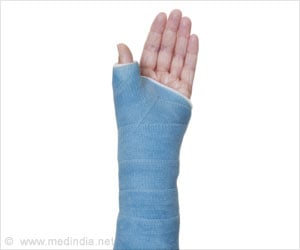
The Parent Attitudes About Childhood Vaccines survey (PACV) was designed to identify parents who underimmunize their children. Researchers gave it to English-speaking parents of children ages 2 months old and born between July 10 and December 10, 2010, who belonged to an integrated health care delivery system in Seattle. The PACV was scored on a scale of 0 to 100, with 100 indicating high hesitancy about vaccines. Childhood immunization status was measured as the percentage of days from birth to 19 months of age that children should have been immunized but were not.
Higher survey scores were associated with more underimmunization. Parents who scored 50 to 69 on the survey had children who were underimmunized for 8.3 percent more days than parents who scored less than 50, and parents who scored 70 to 100 had children who were underimmunized 46.8 percent more days than children of parents who scored less than 50, according to the results.
"Our results suggest that PACV scores validly predict which parents will have underimmunized children," the study concludes.
Source-Eurekalert











